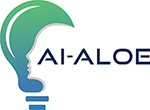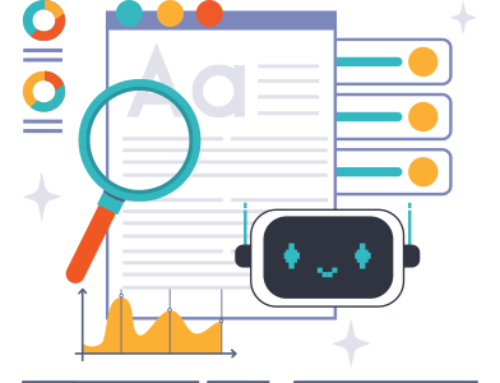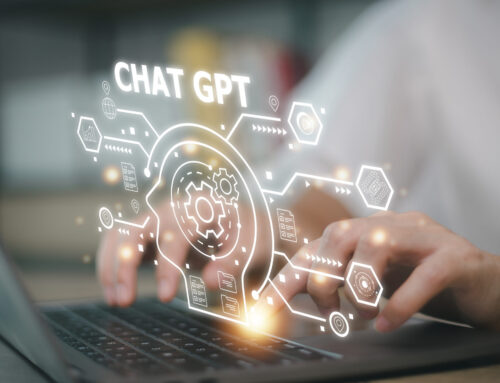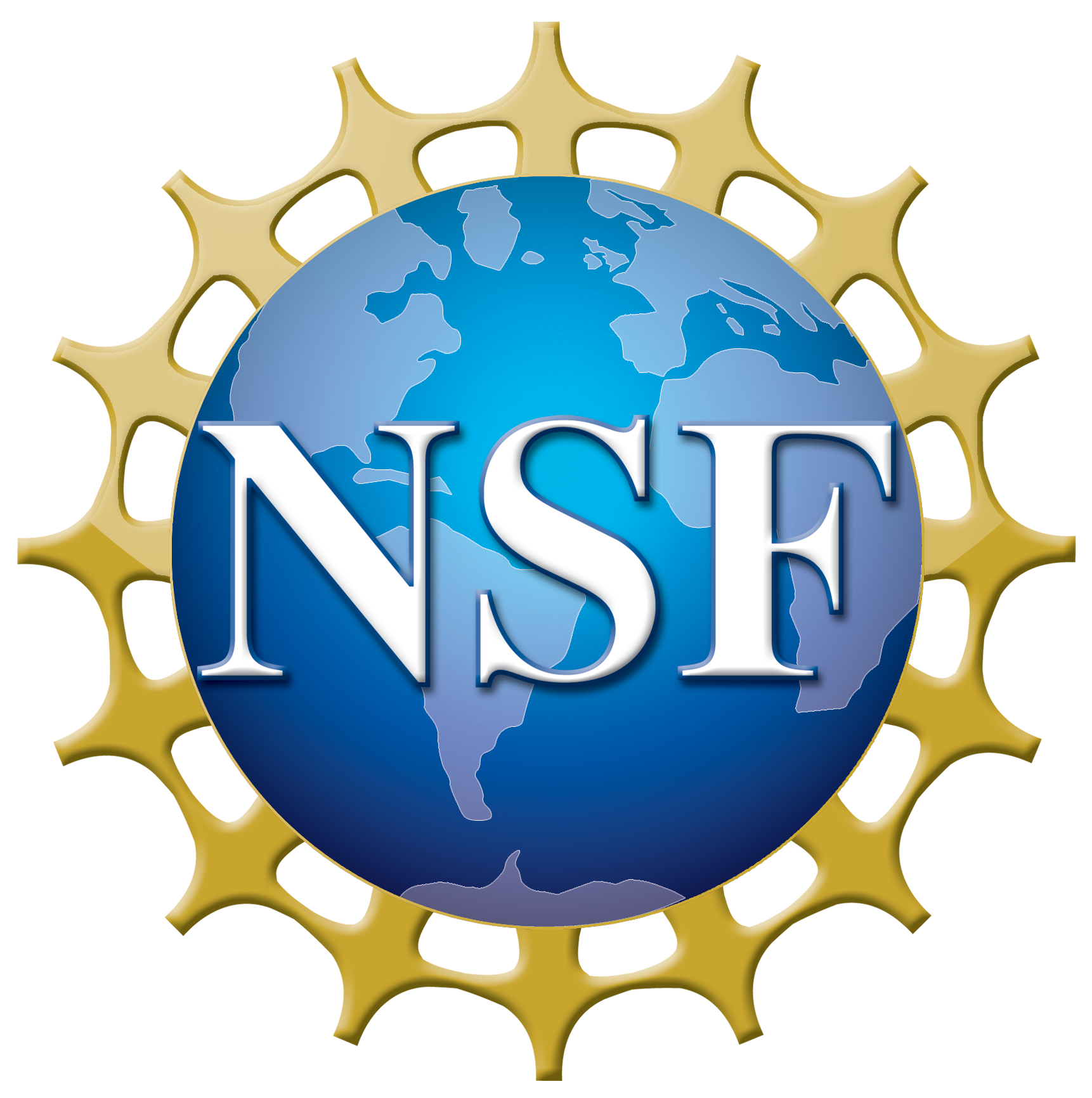Building Academic Connections to Transform Education
Scott Crossley, Vanderbilt University
 Scott Crossley is AI-ALOE’s Assistant Director for Outreach and a professor of special education at Vanderbilt University, where he directs the Language and Educational Analytics Research lab (LEAR Lab). His research focuses on using data science and artificial intelligence to explore cognition, with an emphasis on natural language processing.
Scott Crossley is AI-ALOE’s Assistant Director for Outreach and a professor of special education at Vanderbilt University, where he directs the Language and Educational Analytics Research lab (LEAR Lab). His research focuses on using data science and artificial intelligence to explore cognition, with an emphasis on natural language processing.
As the Assistant Director of Outreach for AI-ALOE, my primary role is to develop and build relationships with the academic and educational communities we serve. My work is all about ensuring that our mission at AI-ALOE is effectively communicated. To achieve this, I’m constantly organizing various events, such as workshops, symposiums, and listening sessions. These engagements help us engage with the people who share our interests and values, allowing us to grow and make a more
significant impact in our field. One of the flagship projects that my team and I are working on is the development of an intelligent textbook framework. This framework is designed based on the fundamental principles of reading skill development and comprehension. We believe that it has the potential to revolutionize the way we approach education and learning. is using large-language models (LLMs) like ChatGPT in the iTell framework to provide personalized feedback to users of intelligent textbooks. iTell is an adaptable framework that integrates multiple AI technologies and tasks to make learning within textbooks more adaptive, interactive, and personalized. LLMs are used in iTell in two ways. First, at the end of chapter sections, users are asked to summarize the material read. We use LLMs to assess the accuracy of the content provided in these summaries as well as to examine the wording used. The LLM results are then formatted to provide feedback to the user. We are also using LLMs to generate questions specific to paragraphs within sections that users may have skimmed or skipped based on reading patterns. These questions (along with their answers) are meant to ensure users’ comprehension of text material. In addition, we plan on integrating ChatGPT within the iTell framework as an assistant that will allow users to ask questions about the readings to get a better understanding of the material.
These are exciting times for AI, including AI in learning and education! The challenge for AI-ALOE is to make good use of the capabilities of the new AI technologies, such as ChatGPT and GPT-4, responsibly while remaining focused on its strategic goal of enhancing the quality of online education for adult learners. AI-ALOE is leading the way in exploring this uncharted space and exploiting new opportunities.
Speaking specifically about the project this project we’re developing what we call “intelligent textbooks.” These textbooks are not your typical static, ink-on-paper materials. Instead, they are adaptive, interactive, and intelligent. At Vanderbilt University, we’ve taken a significant step in this direction with the creation of Intelligent Texts for Enhanced Language Learning, or iTELL for short. This is a computational framework that has the capability to transform any machine-readable text into an interactive, intelligent format that can be accessed through a web application.
iTELL is rooted in established theories of reading comprehension, and it offers users a variety of features. Students using iTELL can write summaries about text and videos to showcase their understanding, and these summaries are automatically scored by large language models specifically trained for this purpose. The
scores generated by these models provide qualitative feedback to students, helping them understand and improve their content and wording. iTELL also uses AI to generate concise questions for different sections of the text and videos, serving as a tool to assess comprehension. We are also working on integrating a structured think-aloud assistant into iTELL, powered by generative AI. This assistant can help users make inferences, provide relevant elaborations for the text, and connect the content to their personal experiences.
The feedback and insights derived from these AI integrations can be utilized in a myriad of ways, such as guiding learning, correcting misconceptions, reviewing missed topics, preparing for upcoming materials, drawing connections between the text and real-world experiences, and aiding in a deeper understanding of the material. It’s truly been an exciting journey so far, and I’m privileged to be part of groundbreaking work, like the iTELL project, in hopes of reaching the right audiences in meaningful and impactful ways on education and learning.






